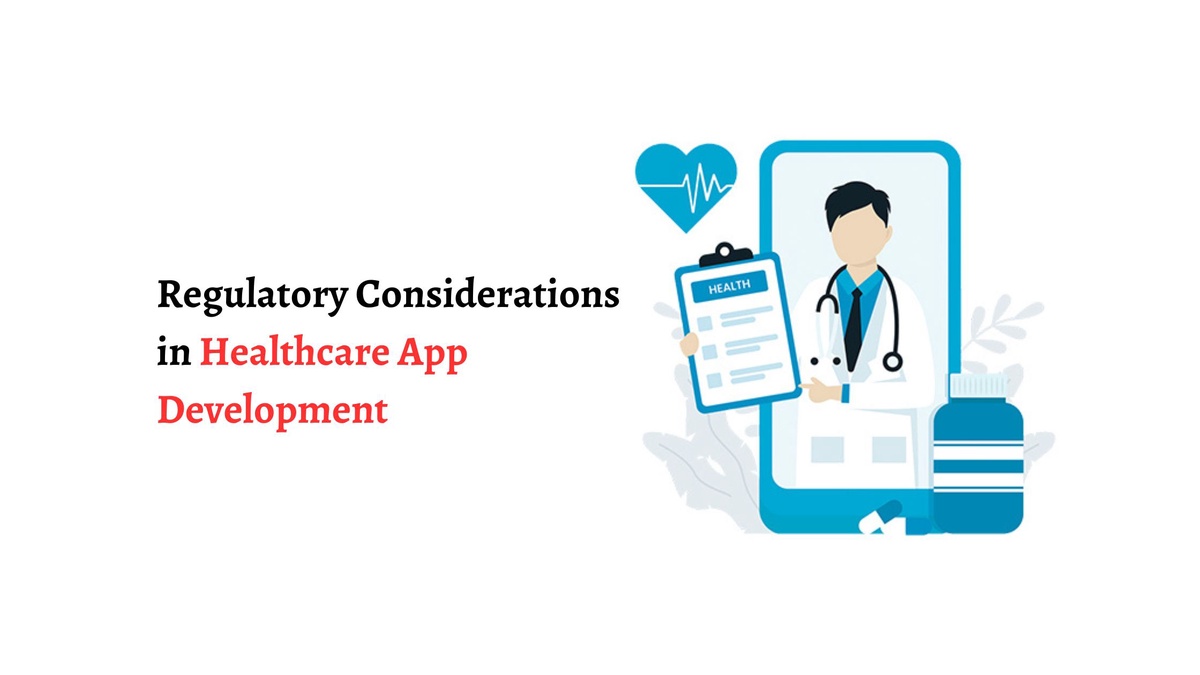Given the sensitivity of medical data, any breach or violation can result in costly implications for patients, healthcare software suppliers, and medical institutions. Henceforth, healthcare app development company must comply with government regulations as these apps deal with sensitive the patient’s personal information. Failure to comply can result in large fines for hospitals and healthcare providers. While an individual data breach may cost over $50,000, the cumulative damages might be in the millions.
There are many regulatory requirements which needs to be met while healthcare app development such as HIPAA, GDPR, and FDA standards. These standards are absolute and enable developers to create innovative solutions that truly change the quality of patient care.
Understanding Legal & Regulatory Requirements
Adhering to diverse legal and regulatory prerequisites is imperative in app development to guarantee user safeguarding, uphold data privacy, and maintain ethical standards. Failure to comply can lead to severe repercussions, including damage to reputation, legal penalties, and erosion of user trust. The importance of adherence to legal and regulatory requirements encompasses:
- Protecting user privacy and data security.
- Safeguarding against potential lawsuits and legal disputes.
- Ensuring ethical and responsible practices.
- Building trust and credibility among users and stakeholders.
- Common legal frameworks and regulations that govern app development include:
General Data Protection Regulation (GDPR): This regulation is designed to safeguard individuals' personal data and uphold privacy rights within the European Union.
Health Insurance Portability & Accountability Act (HIPAA): Regulates handling healthcare-related data and ensures patient privacy. Failure to meet HIPAA requirements can result in penalties ranging from $100 up to $25,000 per violation per calendar year.
California Consumer Privacy Act (CCPA): The act grants consumers more control over their data and imposes obligations on businesses handling this data.
Compliance with legal and regulatory requirements needs:
- Undertaking a comprehensive legal examination of app functionalities and data handling practices.
- Incorporating strong security measures to safeguard user data effectively.
- Furnishing explicit and transparent privacy policies along with terms of service.
What does the process of regulatory compliance in healthcare app development involve?
Regulatory compliance in healthcare app development is a complex process that involves several key steps to ensure adherence to global healthcare regulations. The process begins with a comprehensive regulatory analysis, where the app's classification as healthcare or medical is identified. This distinction is crucial as different regulations, such as HIPAA, GDPR, or FDA, apply to each category.
Global reach is considered, with a focus on identifying regions and countries where the healthcare app will be marketed. The regulatory framework of each target region is then explored, requiring an in-depth understanding of specific laws, guidelines, and standards. Legal experts with expertise in healthcare and technology play a vital role in guiding this analysis and providing insights into requirements and best practices.
The involvement of regulatory experts is emphasized in the development process. These professionals offer regulatory consultancy, interpret and translate legal documents for the development team, and act as intermediaries with regulatory authorities like the FDA. They also help prepare the healthcare app for changes and audits.
Implementing robust data protection and privacy measures is central to compliance. This involves designing the app for secure data storage, creating informed consent mechanisms, aligning data protection practices with regulations, and defining data retention policies. Regular audits are crucial to identifying and addressing vulnerabilities in data security and privacy.
Staying informed about regulatory changes is highlighted as an ongoing necessity. Subscribing to regulatory news sources, maintaining relationships with legal partners, providing ongoing training to development and compliance teams, and actively engaging with regulatory authorities are recommended strategies. The dynamic nature of the compliance process requires constant attention to adapt to new regulatory requirements and changes.
Conclusion
The healthcare app development services requires a meticulous approach to regulatory compliance, involving thorough analysis, expert involvement, robust data protection measures, and continuous efforts to stay informed about evolving regulations. This ensures that the healthcare app remains legally sound and aligned with global standards.


No comments yet